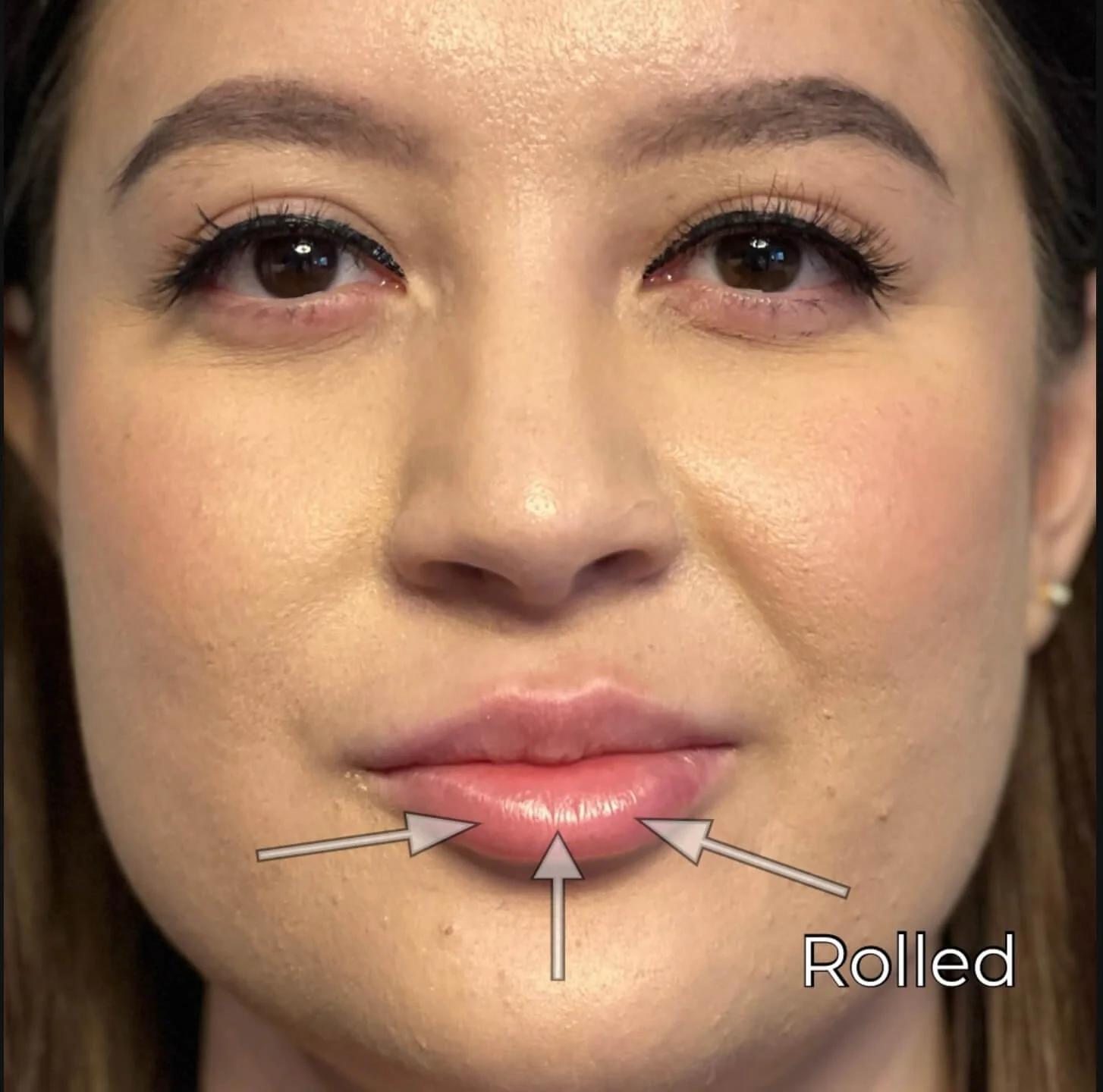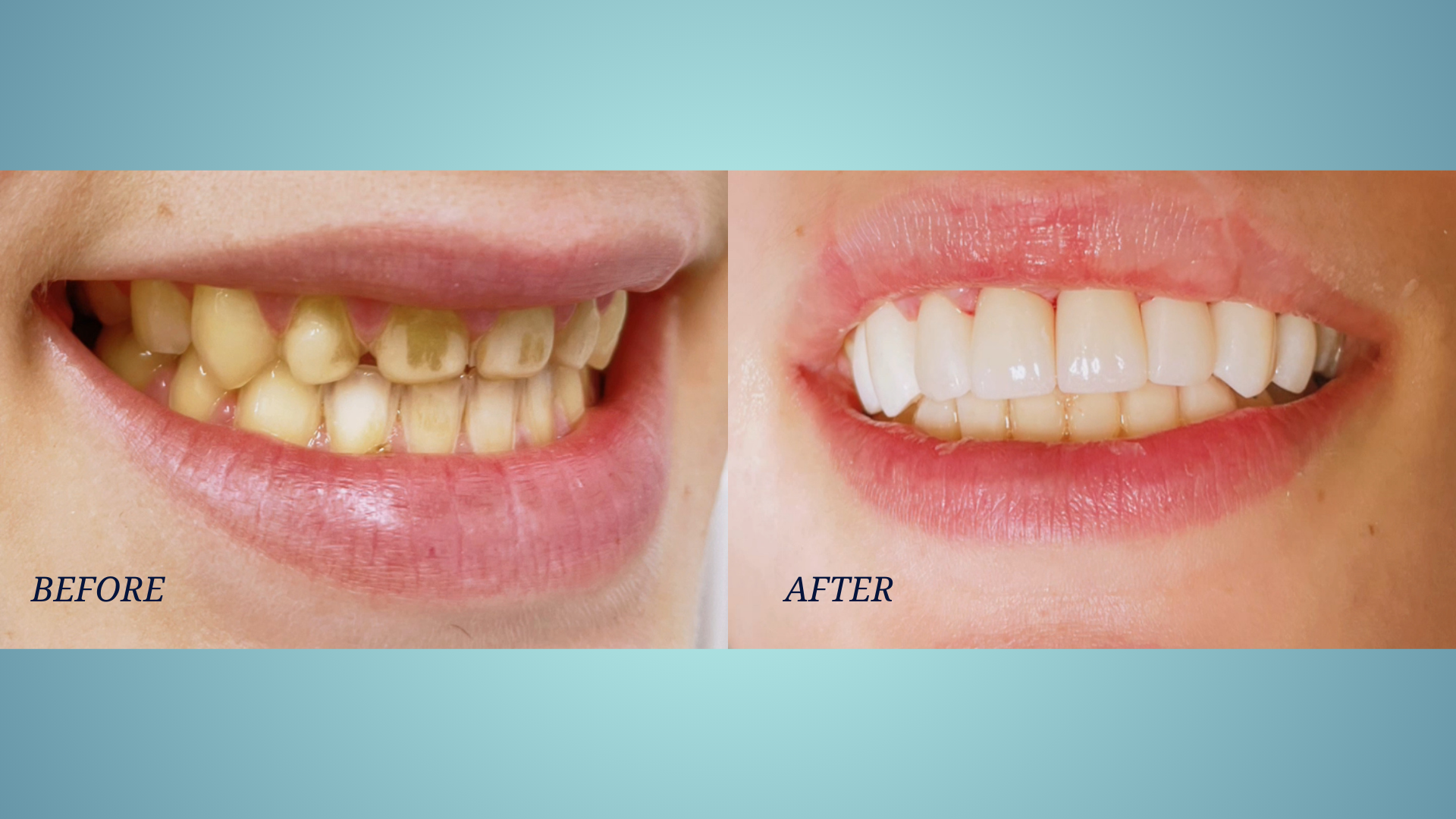IV sedation, or intravenous sedation, is a common technique used in dental procedures to help patients relax and manage anxiety during treatment. Whether you're preparing for or recovering from a dental procedure involving IV sedation, understanding proper pre and post-operative care is crucial for a smooth and successful experience. Here's what you need to know:
Pre-Operative Care:
1. Consultation and Medical History:
Before undergoing IV sedation, your dentist will conduct a thorough consultation. Be prepared to provide details about your medical history, current medications, and any allergies. This information helps the dentist tailor the sedation approach to your specific needs and ensures your safety during the procedure.
2. NPO Guidelines:
It's essential to follow the "nothing by mouth" (NPO) guidelines provided by your dentist. Typically, this means fasting (no food) for 6 hours before the procedure. Adhering to these guidelines reduces the risk of complications during sedation.
3. Arrange Transportation:
IV sedation can leave you feeling groggy or disoriented after the procedure. Arrange for a responsible adult to drive you home and stay with you for up to 24 hours post-treatment.
4. Dress Comfortably:
Wear loose, comfortable clothing to your appointment. This makes it easier for the dental team to access your arm for the IV placement and ensures your comfort during the procedure.
Post-Operative Care:
1. Recovery Period:
After the dental procedure, you'll be monitored in a recovery area until the effects of sedation wear off. This period allows the dental team to ensure your vital signs are stable and that you're feeling well enough to go home.
2. Rest and Observation:
Once discharged, plan to rest at home for the remainder of the day. Avoid strenuous activities and give yourself time to recover fully.
3. Hydration and Nutrition:
Start with clear fluids (like water, smoothies, ice cream) and gradually progress to soft, easy-to-digest foods. Avoid hot beverages or foods that require extensive chewing, as the mouth will remain numb.
4. Medication and Follow-Up:
If prescribed pain medication or antibiotics, take them as directed by Dr Lisa Chong. Follow any post-operative instructions provided, such as oral care routines or follow-up appointments.
5. Watch for Complications:
Be aware of any unusual symptoms such as excessive bleeding, severe pain, or signs of infection (like fever or swelling). Contact your dentist immediately if you experience any of these issues. If you have any issues, please contact us at (02) 9558 8988.
IV sedation can greatly enhance the comfort and effectiveness of dental procedures for anxious patients. By following pre and post-operative care guidelines, you can ensure a safe and successful experience. Remember to communicate openly with your dental team and address any concerns you may have before and after the procedure. Your comfort and well-being are their top priorities.
If you have specific questions or concerns about IV sedation or your upcoming dental procedure, don't hesitate to reach out to your dentist for personalised advice.



























